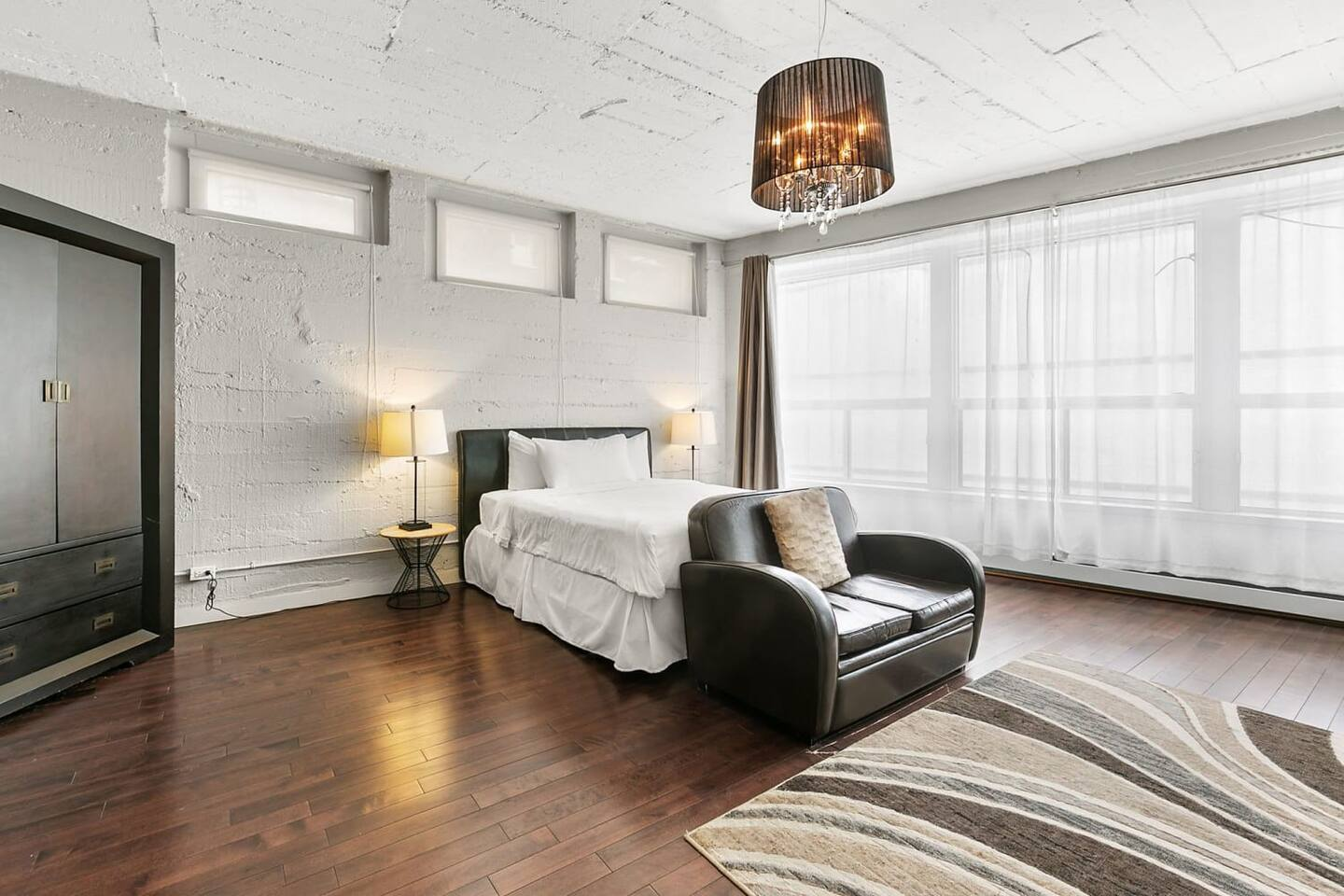Understanding Short-Term Rentals in Montreal: Qualifications and Regulations
Introduction:
Short-term rentals have gained popularity in recent years, offering an alternative accommodation option for travelers. However, various cities worldwide have implemented regulations to address the impact of these rentals on housing availability and community dynamics. In this article, we will explore what qualifies as a short-term rental in Montreal, Canada, and the regulations associated with such accommodations in the city.
Defining Short-Term Rentals: In Montreal, a short-term rental refers to the renting of a dwelling, or part of it, for a period of fewer than 31 consecutive days. It includes properties rented through online platforms, such as Airbnb, as well as other similar rental platforms.
Regulations for Short-Term Rentals in Montreal: To ensure the responsible and sustainable use of short-term rentals, the city of Montreal has implemented specific regulations. These regulations aim to strike a balance between the benefits of short-term rentals and the protection of long-term housing availability.
Obtaining a Certificate of Classification: As of April 2019, all short-term rental hosts in Montreal must obtain a Certificate of Classification from the city. This certificate ensures that the rental property meets specific safety standards and adheres to zoning regulations. Hosts are required to prominently display their certificate number in all rental listings.
Primary Residence Requirement: One crucial regulation in Montreal is the primary residence requirement. Hosts must reside in the rented property for a minimum of 180 days per year to be eligible for short-term rentals. This rule aims to prevent the conversion of long-term housing into full-time tourist accommodations.
Maximum Rental Period: Short-term rentals in Montreal are limited to a maximum of 31 consecutive days. This restriction prevents properties from operating as de facto hotels, ensuring that rentals remain primarily for temporary stays.
Compliance with Municipal Bylaws: Hosts must comply with all applicable municipal bylaws, including noise regulations, waste management guidelines, and other local ordinances. This ensures that short-term rentals do not disturb the peace and harmony of residential neighborhoods.
Taxes and Permit Fees: Hosts are required to collect and remit the Goods and Services Tax (GST) and Quebec Sales Tax (QST) on short-term rental income. Additionally, permit fees apply when obtaining the Certificate of Classification, and failure to comply with tax obligations can result in penalties.
Enforcement and Penalties: Montreal has implemented a robust system to enforce short-term rental regulations. Municipal inspectors actively monitor online platforms for non-compliant listings. Violations can result in significant fines, ranging from several hundred to several thousand dollars, depending on the severity of the offense.
Conclusion: Understanding what qualifies as a short-term rental in Montreal is essential for hosts and travelers alike. The city's regulations aim to balance the benefits of short-term rentals while preserving the availability of long-term housing. By obtaining a Certificate of Classification, adhering to the primary residence requirement, and complying with all relevant regulations, hosts can engage in responsible short-term rental practices, contributing to a vibrant and sustainable community in Montreal.
Short-term rentals have gained popularity in recent years, offering an alternative accommodation option for travelers. However, various cities worldwide have implemented regulations to address the impact of these rentals on housing availability and community dynamics. In this article, we will explore what qualifies as a short-term rental in Montreal, Canada, and the regulations associated with such accommodations in the city.
Defining Short-Term Rentals: In Montreal, a short-term rental refers to the renting of a dwelling, or part of it, for a period of fewer than 31 consecutive days. It includes properties rented through online platforms, such as Airbnb, as well as other similar rental platforms.
Regulations for Short-Term Rentals in Montreal: To ensure the responsible and sustainable use of short-term rentals, the city of Montreal has implemented specific regulations. These regulations aim to strike a balance between the benefits of short-term rentals and the protection of long-term housing availability.
Obtaining a Certificate of Classification: As of April 2019, all short-term rental hosts in Montreal must obtain a Certificate of Classification from the city. This certificate ensures that the rental property meets specific safety standards and adheres to zoning regulations. Hosts are required to prominently display their certificate number in all rental listings.
Primary Residence Requirement: One crucial regulation in Montreal is the primary residence requirement. Hosts must reside in the rented property for a minimum of 180 days per year to be eligible for short-term rentals. This rule aims to prevent the conversion of long-term housing into full-time tourist accommodations.
Maximum Rental Period: Short-term rentals in Montreal are limited to a maximum of 31 consecutive days. This restriction prevents properties from operating as de facto hotels, ensuring that rentals remain primarily for temporary stays.
Compliance with Municipal Bylaws: Hosts must comply with all applicable municipal bylaws, including noise regulations, waste management guidelines, and other local ordinances. This ensures that short-term rentals do not disturb the peace and harmony of residential neighborhoods.
Taxes and Permit Fees: Hosts are required to collect and remit the Goods and Services Tax (GST) and Quebec Sales Tax (QST) on short-term rental income. Additionally, permit fees apply when obtaining the Certificate of Classification, and failure to comply with tax obligations can result in penalties.
Enforcement and Penalties: Montreal has implemented a robust system to enforce short-term rental regulations. Municipal inspectors actively monitor online platforms for non-compliant listings. Violations can result in significant fines, ranging from several hundred to several thousand dollars, depending on the severity of the offense.
Conclusion: Understanding what qualifies as a short-term rental in Montreal is essential for hosts and travelers alike. The city's regulations aim to balance the benefits of short-term rentals while preserving the availability of long-term housing. By obtaining a Certificate of Classification, adhering to the primary residence requirement, and complying with all relevant regulations, hosts can engage in responsible short-term rental practices, contributing to a vibrant and sustainable community in Montreal.




Thanks for a great information.
ReplyDeletePlease visit our web :
Haekal
Haekal
Haekal